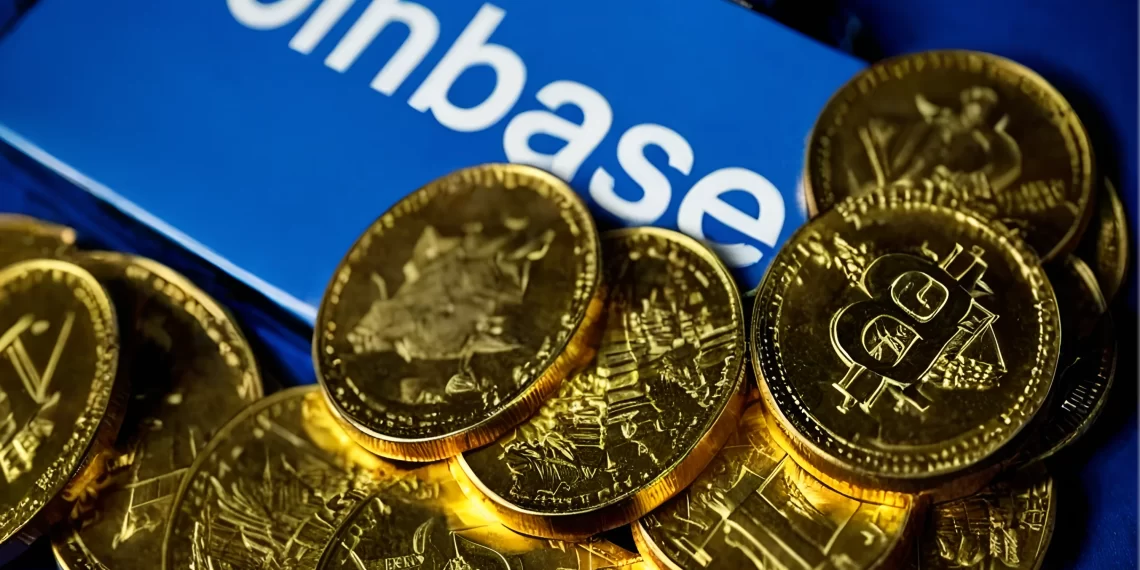While the legal debate over whether sales of cryptocurrencies qualify as securities continues, Coinbase has asked the United States Department of Justice to rule out a previous default judgment regarding crypto securities transactions.
Coinbase asks the court to reverse the verdict on cryptocurrency sales.
On Tuesday, Coinbase sent a letter to US District Judge Katherine Failla about the lawsuit involving Wahi and the US Securities and Exchange Commission (SEC). William Savitt has requested in the letter that Judge Failla set aside the SEC’s previous classification of sales of cryptocurrencies on a secondary market as “securities contracts.”
The SEC’s Notice of Supplemental Authority lacked crucial details concerning the default judgment entered by the US District Court for the Western District of Washington on the Commission’s unopposed motion. Coinbase’s letter actively sought to rectify this by providing the missing information about the case.
The SEC filed fraud charges against Ishan Wahi, his brother Nikhil, and his brother’s acquaintance Sameer Ramani due to the defendants’ dubious purchase of nine digital assets and theft of private Coinbase data.
The letter said as follows:
The defendants were accused of front-running the acquisition of nine digital assets and stealing confidential information from Coinbase, which are not the subjects of the SEC’s current lawsuit. These actions were the basis for the complaint’s securities fraud allegations.
According to the letter, the agency did not name any issuers, exchanges, or other players in the cryptocurrency industry as parties to the complaint.
Because of this, on February 6, 2023, the defendants filed a move to dismiss the complaint, claiming that the regulator had exceeded its statutory authority. This is because the mentioned coins weren’t “investment contracts.” Therefore, records provided by Coinbase and a few other industry players backed up the defendant’s activity.
The settlement between the Commission and the defendants, an “admit-no-deny, zero-dollar settlement,” ultimately halted the transfer of the motion to dismiss.
Default Decision in Opposition to Sameer Ramani
Based on skewed evidence, the Wahi Court issued a default judgment against Sameer Ramani on March 1. Among other things, the verdict revealed that “resolution on the merits was not reasonably possible.”
Remarkably, in 2023, Ishan, the former product manager at Coinbase, and his brother Nikhil Wahi settled with the US regulator to avoid the danger that a judge would declare in favor of the SEC on the security of the tokens. In the meantime, Sameer Ramani was thought to have departed the nation after failing to reply to complaints or requests for assistance.
On October 26 of last year, the Clerk of Court declared a default against him due to his alleged negligence. On January 18, 2024, over three months later, the SEC filed a motion to have Ramani’s default judgment entered.
Neither Coinbase nor any other party opposed the regulatory watchdog’s move because they did not provide a briefing. The SEC filed a motion to enter Ramani’s default judgment, but curiously omitted mentioning their own previously argued motion for judgment on the pleadings.
The Bitcoin assets were found to be investment contracts when the allegations in the lawsuit were valid. The agency had previously refuted this assertion before the Wahi court.

























